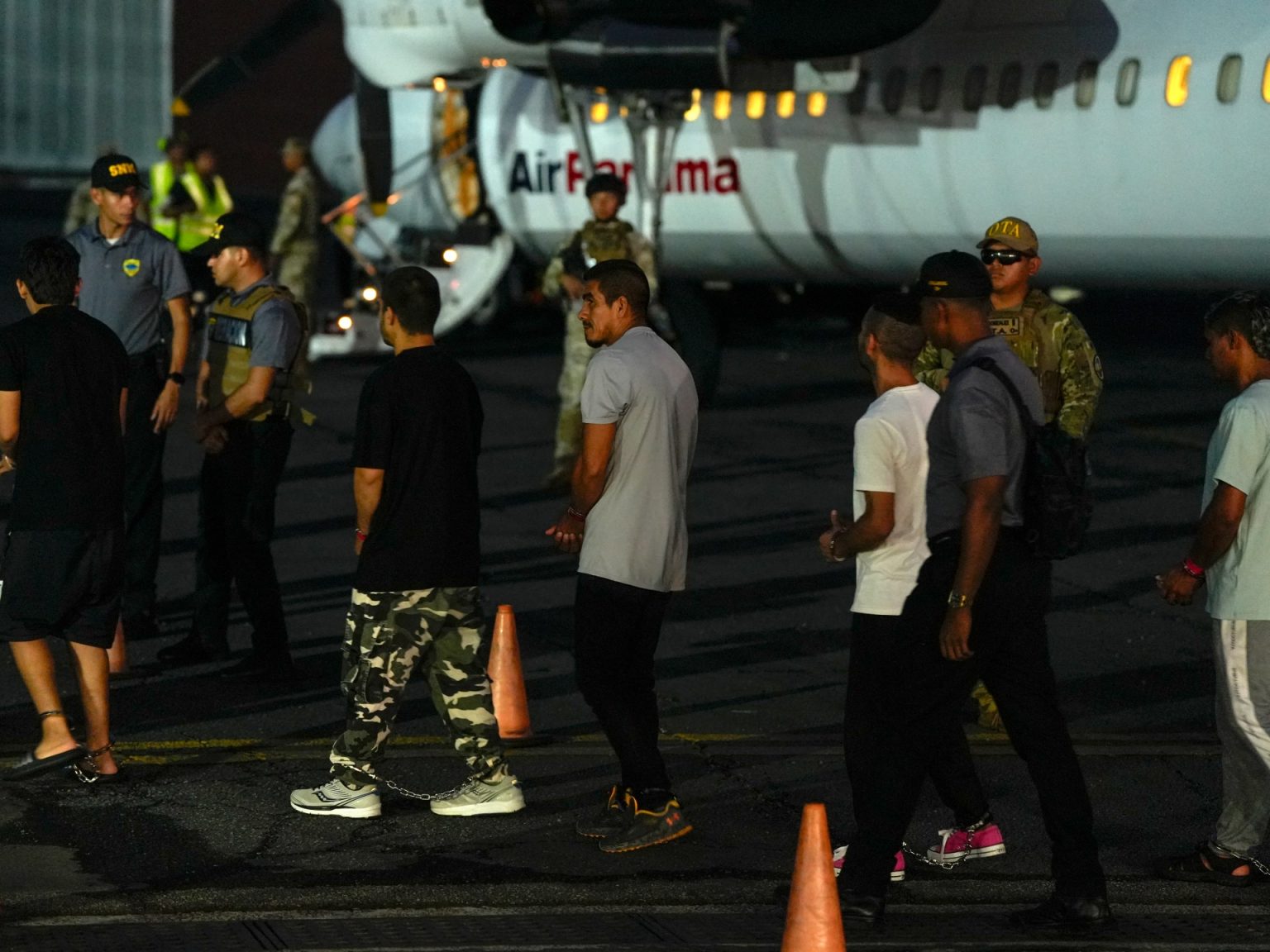Panama has deported 29 Colombians with criminal records under an agreement on migrant repatriations signed with the United States in July. The deportees had entered Panama through the dangerous Darien Gap and were flown back to Bogota on a charter flight financed by the US. Despite earlier claims of “voluntary” repatriations, this group had criminal records. The Panamanian government, under President Jose Raul Mulino, is taking steps to reduce irregular crossings at its southern border and crack down on migrants passing through the treacherous Darien Gap region.
This deportation marks the first group sent back under the agreement, with more flights planned in the coming days. Transit countries like Panama and Mexico are facing pressure from the US to address the issue of migration, particularly in the highly contentious US election year. Washington has provided $6 million in funding for migrant repatriations from Panama, with a focus on deporting individuals with criminal backgrounds. While the agreement currently targets those with criminal records, it also allows for the deportation of anyone entering Panama through the dangerous Darien Gap region on their way to the US.
The Darien Gap has emerged as a key route for migrants attempting to journey from South America through Central America and Mexico to the US. Despite the risks, including criminal attacks, over half a million undocumented migrants, primarily Venezuelans, crossed the Darien gap last year. However, Panama is currently unable to deport Venezuelans due to strained relations with Venezuela following Panama’s refusal to recognize President Maduro’s reelection. Dialogue with other countries, such as Ecuador and India, is ongoing to coordinate repatriation efforts outside of Venezuela.
The dangerous and rugged Darien Gap region poses significant risks for migrants making the overland journey from South America to the US. Criminal gangs operate in the area, making it a perilous route for those seeking a better life in North America. The influx of migrants, particularly Venezuelans, has put pressure on countries like Panama, which are now working with the US to address the issue. The recent deportation of Colombians with criminal records marks a significant step in the joint efforts to reduce irregular crossings and enforce immigration policies.
The deportation of Colombians with criminal records is a significant development in the agreement on migrant repatriations between Panama and the US. The funding provided by the US aims to support Panama in addressing the challenges of irregular migration and securing its borders. The agreement targets individuals with criminal backgrounds entering Panama through the Darien Gap, with the potential for broader deportations under the deal. As transit countries face increasing pressure from the US to address migration flows, collaborations and agreements like this one are crucial in managing the movement of people across borders and reducing risks for migrants.
Overall, the deportation of 29 Colombians with criminal records is the first step in enforcing the agreement on migrant repatriations between Panama and the US. While the focus is currently on deporting individuals with criminal backgrounds, the broader aim is to reduce irregular crossings and enhance border security. With more flights planned in the coming days, Panama is taking concrete steps to address the challenges posed by migration flows through the Darien Gap. By working with the US and other countries, Panama is aiming to streamline repatriation efforts and manage the movement of migrants more effectively.


